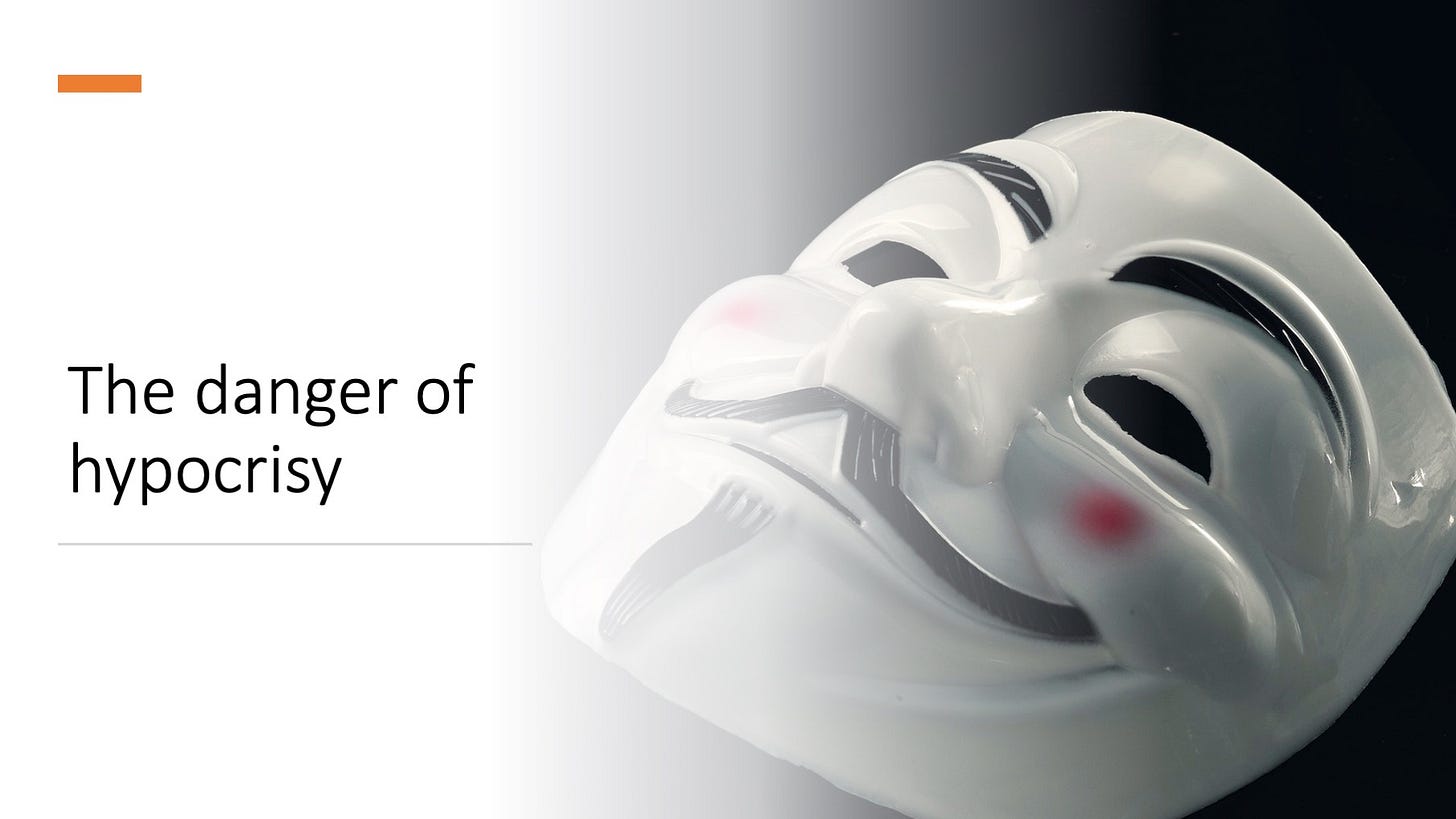The danger of hypocrisy
Psalm 50:1 and 8, 16bc-17, 20-21. February 13, 2023 - Monday, 6th Week
We are all familiar with the story of Jesus cleansing the temple. Jesus began “to drive out those who sold and those who bought in the temple, and he overturned the tables of the money-changers and the seats of those who sold pigeons” (Mark 11:15). Years before Jesus performed that prophetic act, the psalmist and the prophets were reminding the people that sacrificial system of the temple could not be separated from moral life.
Unlike most psalms, Psalm 50 is not addressed to God but a warning from God. In the ancient world, sacrifices supported the sanctuary, the priests and their families, and the deities worshipped in that sanctuary. In the Bible, the sacrificial system also played vital role in worship and supported the priests and Levites serving in the temple, but the God of Israel did not need those sacrifices. The people were either obliged to offer them as sin offerings or offered them volutarily as a vow or thanksgiving sacrifices (see Lev 1-7).
But, there is a tension between priestly and prophetic traditions. The first view the sacrificial system of the temple as indispensable to the religious life of the people and even efficacious in assuring the holiness of God’s people. But the prophets disagreed. Isaiah, Micah, and Jeremiah sharply criticised the sacrificial system of the temple and its priests for failing to insist on the quality of life (see Is 1:10-20; Jer 7:4-7).
Our psalm joins the prophets in their challenge of the sacrificial system of the temple. God asks the wicked: “Why do you recite my statutes, and profess my covenant with your mouth though you hate discipline and cast my words behind you” (Ps 50:16-17)? Jesus asked similar question: “Why do you call me, ‘Lord, Lord,’ and do not do what I say” (Luke 6:46)? The wicked are charged with hypocrisy by reciting God’s covenant and at the same time transgressing God’s commandments. Such hypocrisy indicates that the wicked do not fear God and their lifestyle negatively impacts God’s reputation. When the life of believers contradicts what they profess, the religion is laughed at and the name of God is blasphemed (see Rom 2:24).
The psalmist warns that such life heads for disaster. The Lord will not tolerate hypocrisy among his faithful. “Mark this, then, you who forget God, lest I tear you apart, and there be none to deliver!” (Ps 50:22). Those who only listen to God's words but do not act upon them are building sand castles (see Matt 7:26-27).
We also need to heed this warning. Let us stop separating the worship of the Lord from obedience to His commandments because both are an indispensable expression of our faith.





Thank you father for sharing